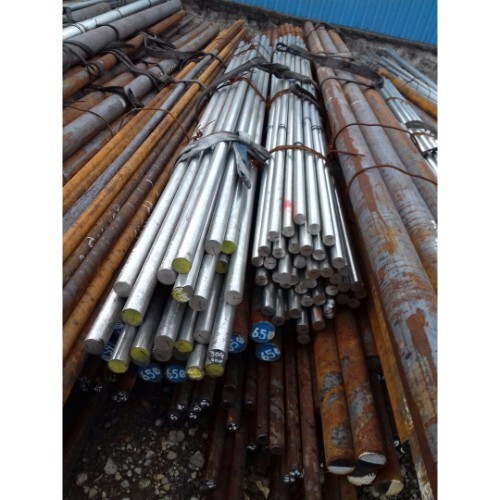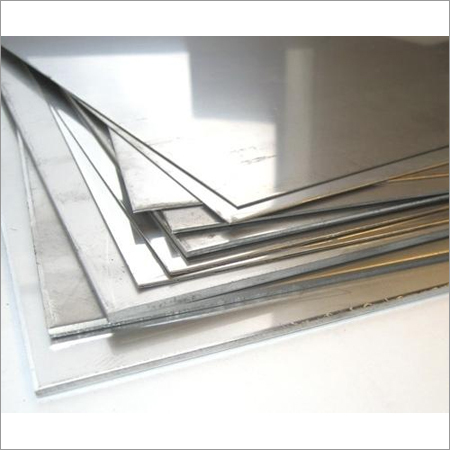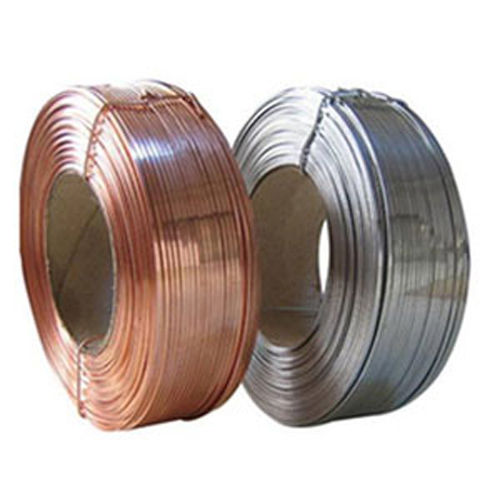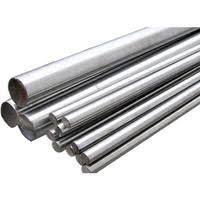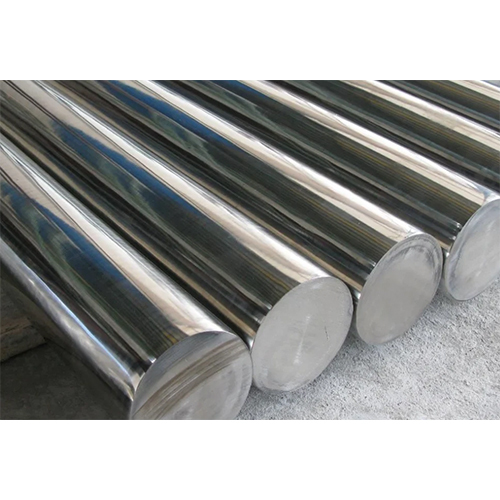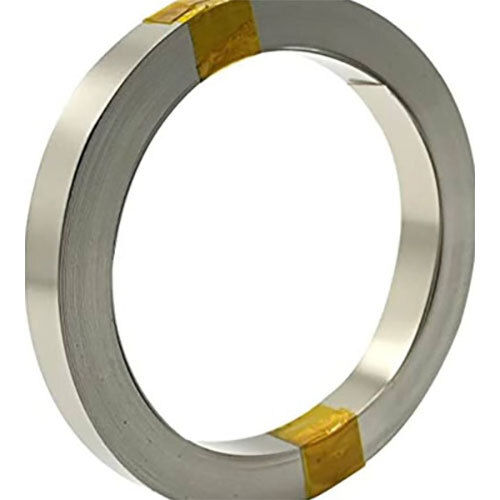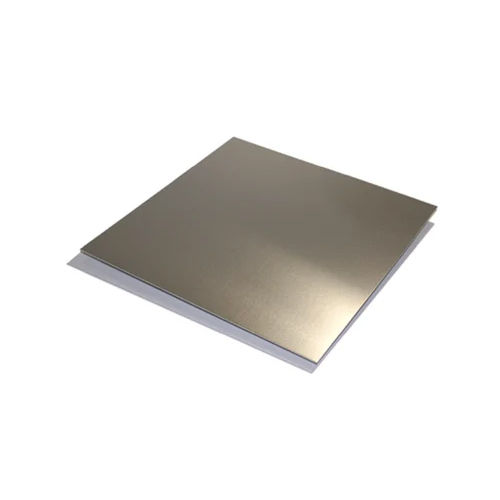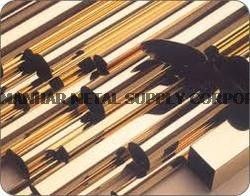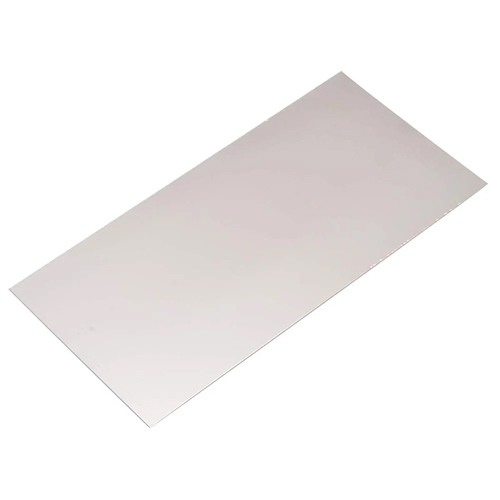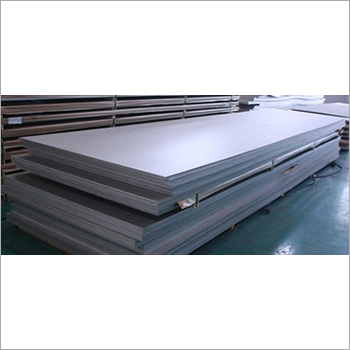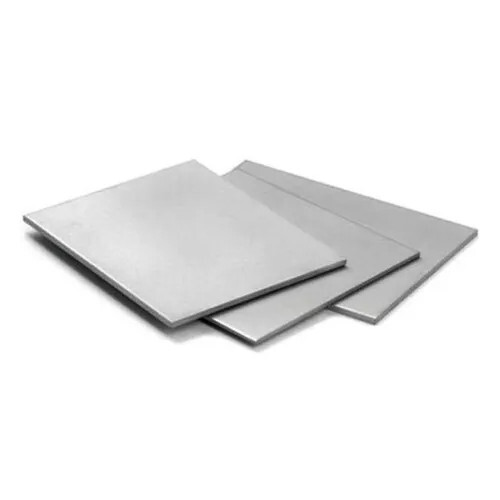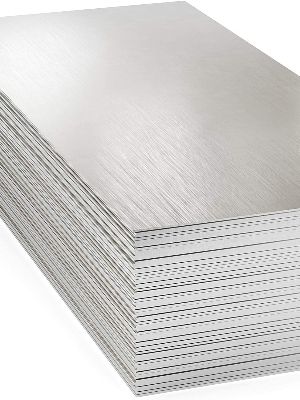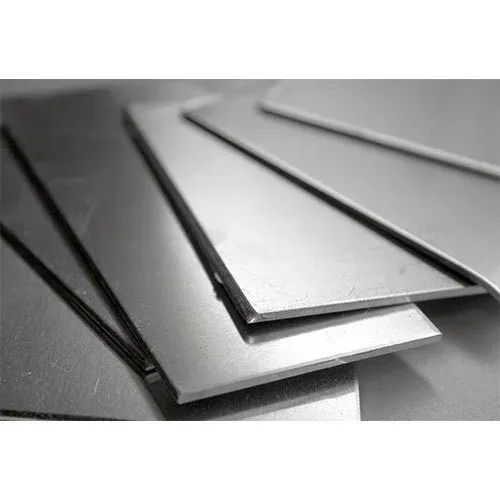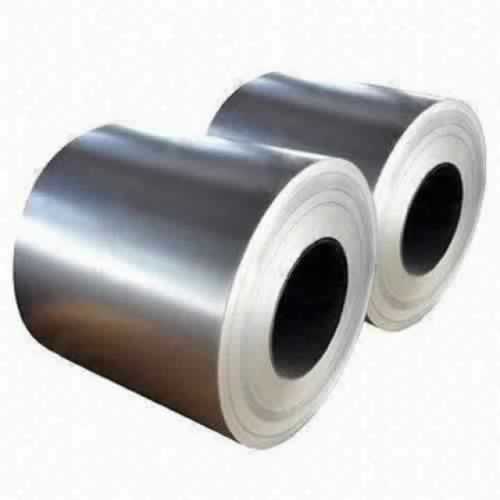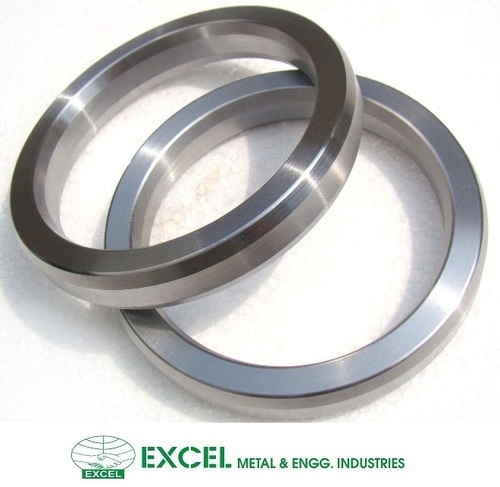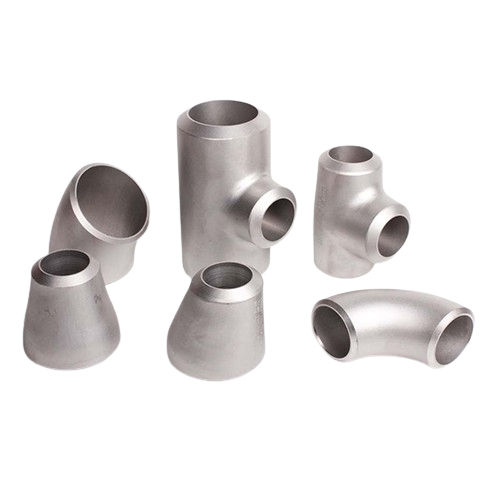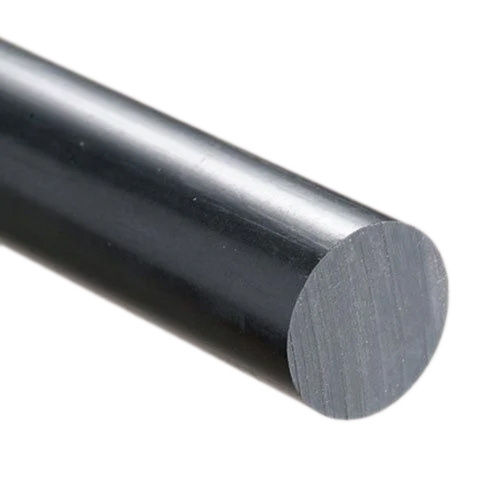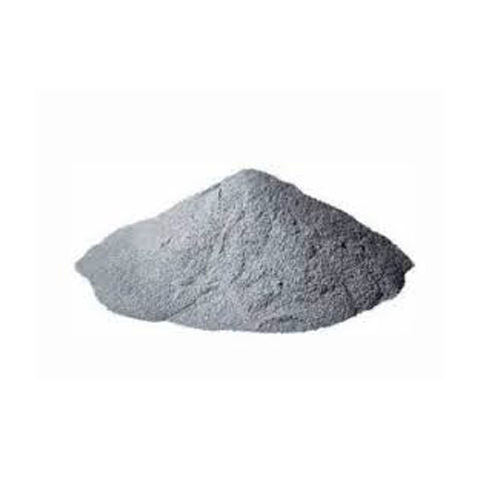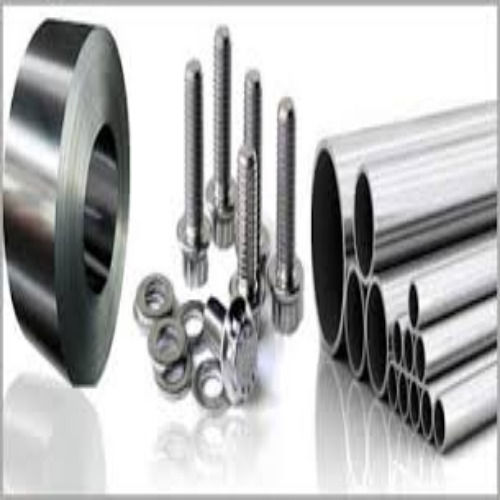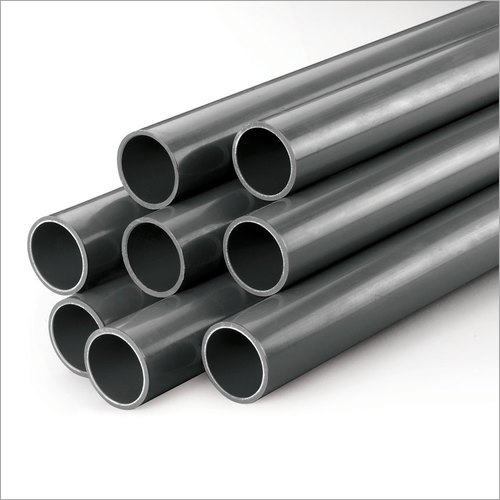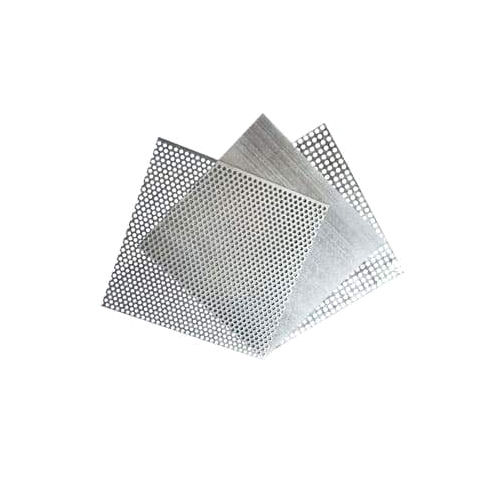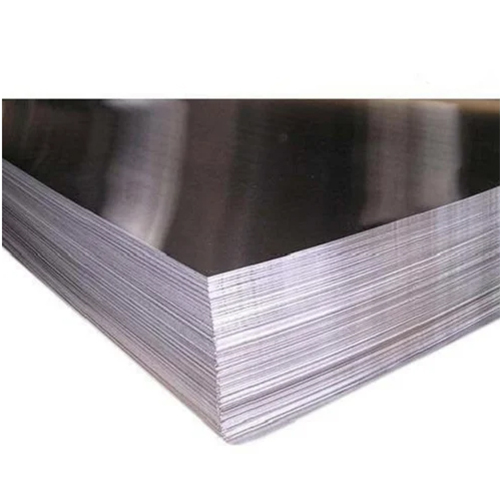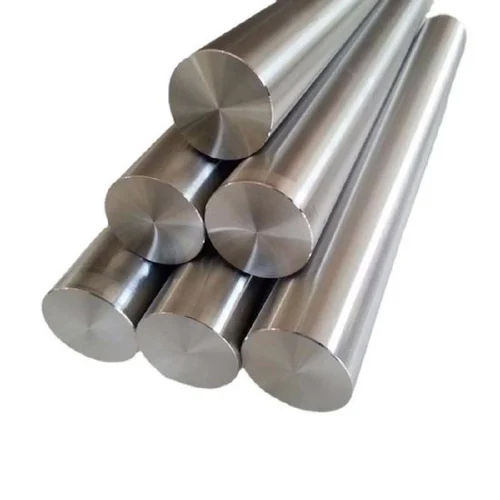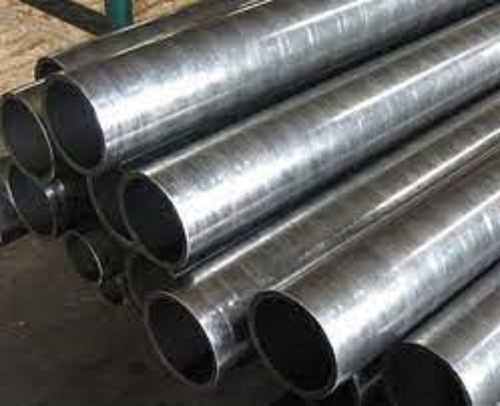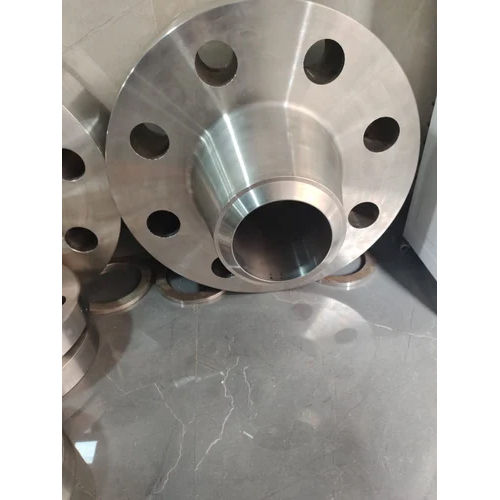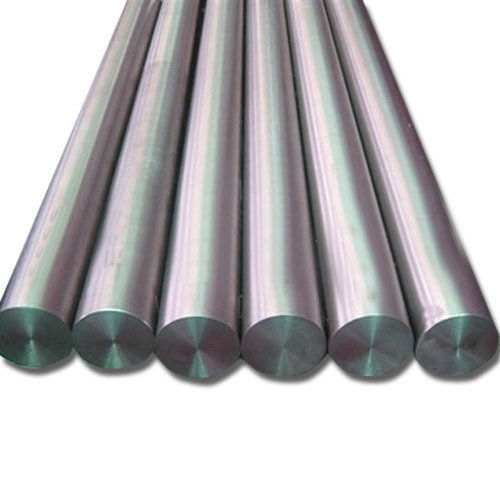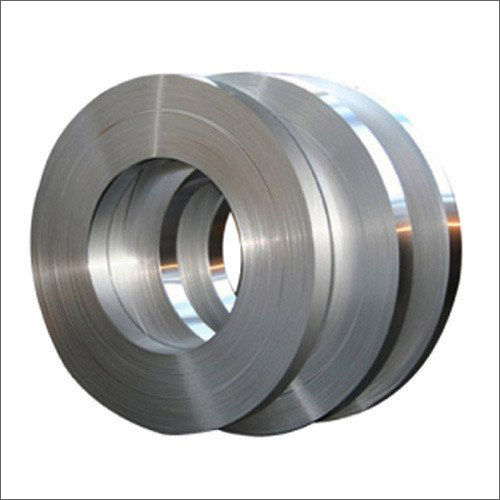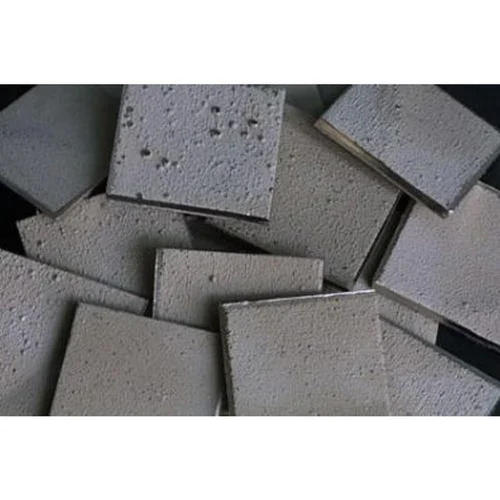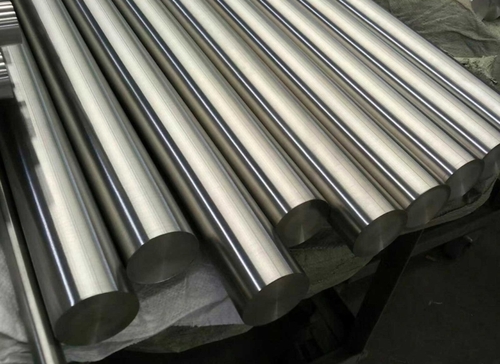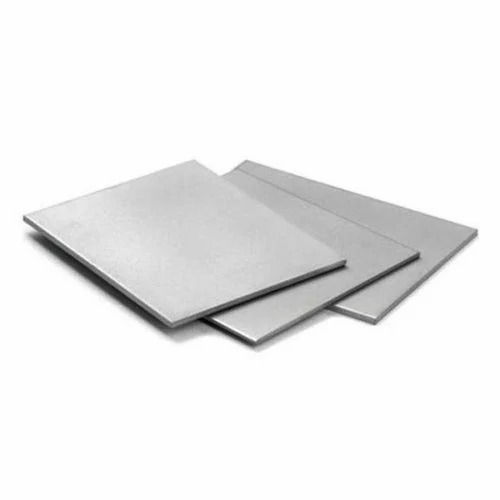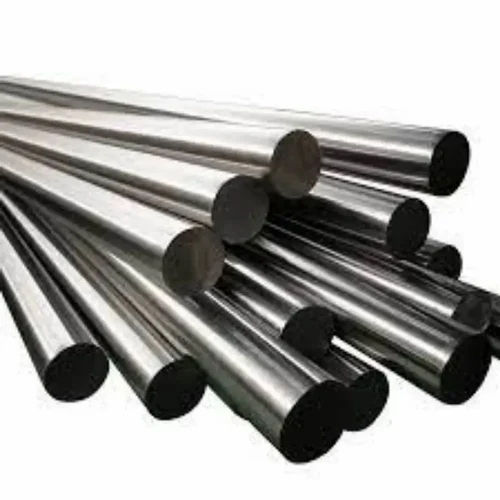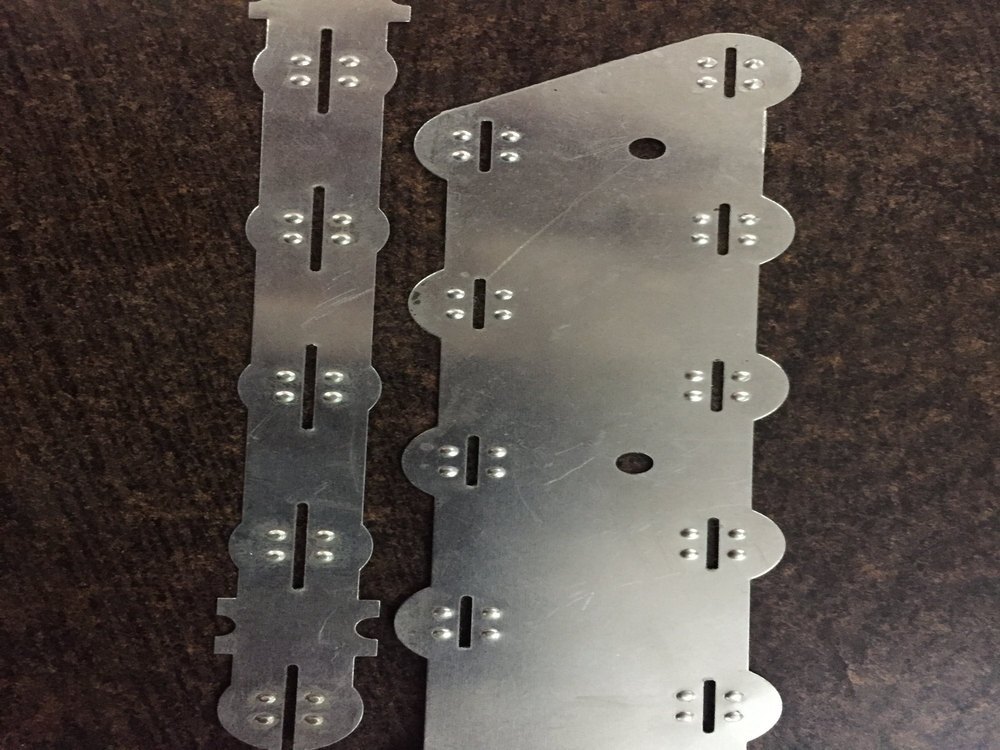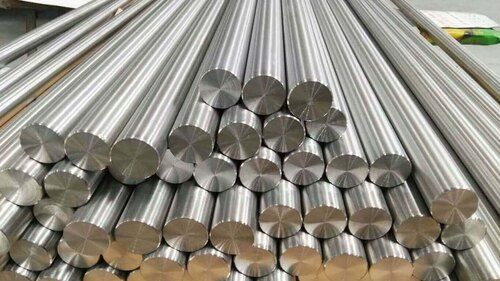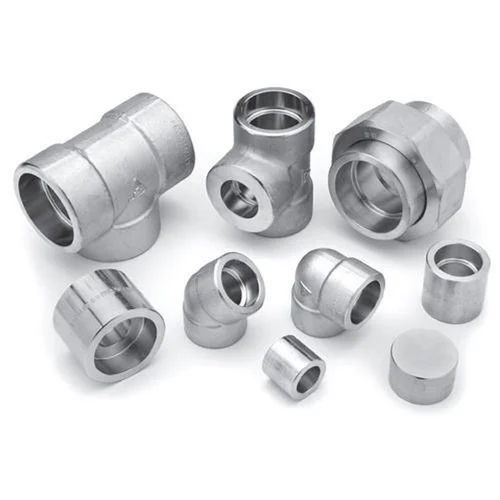Nickel Alloy
(967 products)Hastelloy X Buttweld Fittings Chemical Composition: B 0.01
Price: 1899 INR/Kilograms
MOQ300 Kilograms/Kilograms
ColorBlack, Silver
Product TypeNickel Alloy
ShapeOther
Elongation4o %
StrengthTensile Psi 1,10,000, Yield strength Psi 51000
GradeASME ANSE B 16.9
Mar-M 002 Nickel Super Alloy - High Strength, High Temperature | Industrial Grade, Gray, Casting, Fastener, Military Applications, Available in Various Shapes
Price: 5000 INR/Number
MOQ1 Number
ColorGray
Product TypeNickel Alloy
ShapePowder, Bar, Pipe, Plate, Stripe, Wire, Square, Other
HardnessHigh Strength
GradeIndustrial Grade
ApplicationMilitary, Other , Casting, Fastener
Silver Nickel Sheets
MOQ01 Unit/Units
Product TypeNickel Alloy
GradeIndustrial
ColorSilver
Nippen Tubes
Mumbai
 Trusted Seller
Trusted Seller9 Years
Nickel Alloys Sheet - N02200, N02201, N04400, N05500, N06600, N06625, N08810, N08825, N06022, N10276, N10665 | First Class Quality, Rigid Hardness, Stripe and Wire Shapes
Price Trend: 1000.00 - 4000.00 INR/Kilograms
MOQ100 Kilograms/Kilograms
ShapeStripe, Wire
HardnessRigid
GradeFirst Class
ApplicationCasting
Monel K 400 Nickel Alloy Metal
Product DescriptionWe take enormous pleasure to present ourselves as the noticeable manufacturer, exporter, distributor and supplier of Monel K 400 Nickel Alloy in Ahmedabad, Gujarat, India. Our provided alloys are manufactured by using optimum grade raw material and ultra-modern technology in tune with industry set p
Nickel Metal Plate Grade: 99%
Price: 1150 INR/Kilograms
Product TypeNickel
ShapePlate
Grade99%
Nickel Bronze - Application: Construction
Price: 250 INR/Piece
MOQ10 Piece/Pieces
Product TypeNickel Alloy
ShapeBar
GradeNickel 200, Nickel 201
ApplicationConstruction
Colorsliver
Nickel Alloy Round Bar - Application: Construction
Price: 3200 INR/Kilograms
MOQ100 Kilograms/Kilograms
ShapeBar
HardnessRigid
GradeIndustrial
ApplicationConstruction
ColorSilver
Gurudev Tubes (india)
Mumbai
 Trusted Seller
Trusted Seller1 Years
Electric Battery Nickel Strips - Application:
Price: 5000.0 INR
MOQ5
ColorSilver
HardnessHard
GradeNi-200/201
Chemical Composition99.5% NICKEL
Applicationn, i, n, d, ], t, c, I, ', O, h, e, u, s, t, t, [, ', E, l, e, c, r, o, , r, y, ', ,, , r, , '
Plain Nickel Sheet - Color: Silver
Price: 300 INR/Kilograms
MOQ100 Kilograms/Kilograms
ColorSilver
ShapePlate
ElongationNormal
StrengthHigh
GradeSS316 L
Nickel Rods - Premium Quality Nickel Material, Superior Defect-Free Manufacturing Standards
Product DescriptionWe are one of the reputed organization engaged in providing superior quality nickel rods. These products are supervised at every stage of production, in order to eliminate defects and maintain high standards of quality. For more details contact us
Nickel 200 Plate - Color: Silver
Price: 2300 INR/Kilograms
MOQ100 Kilograms/Kilograms
Product TypeNickel Alloy
StrengthHigh
HardnessRigid
GradeMultiple Grades Available
ColorSilver
Jicon Steel India
Mumbai
 Trusted Seller
Trusted Seller2 Years
201 Nickel Steel Sheet - 99% Nickel Composition, 1250°F Temperature Resistance | Customized Shape, Long Service Life, High Melting Point of 2635°C
Price: 210 INR/Kilograms
MOQ50 Kilograms/Kilograms
Steel TypeStainless Steel
Steel Product TypeSteel Sheets
ShapeCustomized
Nickel Alloy Sheet and Plate
Price: 3000 INR/Kilograms
MOQ20 Kilograms/Kilograms
Product TypeNickel Alloy
ShapePlate
GradeA
ColorMetallic Silver
Crack Resistance Industrial Nickel Plates
ShapePlate
HardnessYes
ResistanceRust
ApplicationConstruction
ColorSilver
Uns N02200 Nickel Alloy 201 Plates - Application: Construction
Price: 4200 INR/Kilograms
MOQ100 Kilograms/Kilograms
Product TypeNickel Alloy
ShapePlate
StrengthHigh
HardnessRigid
Grade201
ApplicationConstruction
Nimonic Foils
Price: 4000 INR/Kilograms
MOQ1 Kilograms/Kilograms
Product DescriptionNimonic Foils
INCONEL RING GASKET
Price: 1000 INR/Kilograms
MOQ10 Kilograms/Kilograms
Product DescriptionINCONEL RING GASKET
High Grade Buttweld Fittings - Carbon Steel, High Quality, Coated Surface, Sleek Silver Finish | Ideal for Bearings Applications, Exceptional Durability
MOQ100 Piece/Pieces
Product NameStainless Steel Products
Steel TypeCarbon Steel
GradeHigh quality
SurfaceCoated
ApplicationBearings
ColorSilver
Silver Round Molybdenum Rod
Price: 5000 INR/Kilograms
MOQ50 Kilograms/Kilograms
GradeDifferent Available
ColorSilver
Product TypeMetal Products
ShapeBar, Bar
SizeDifferent Available
WarrantyYes
Shree Kailaji Alloys Pvt. Ltd.
Mumbai
 Trusted Seller
Trusted Seller2 Years
Plain Nickel Sheet - SS316 L Grade, Silver Color, High Hardness for Versatile Applications in Roofing, Cladding, Flooring
Price: 250 INR/Kilograms
MOQ10 Kilograms/Kilograms
Product TypeNickel
HardnessYes
GradeSS316 L
ApplicationConstruction
ColorSilver
Nickel Alloy Round Bar - Silver Finish, Hardness Rated for Construction Applications
Price: 3200 INR/Kilograms
MOQ100 Kilograms/Kilograms
ColorSilver
Product TypeNickel Alloy
ShapeBar
HardnessYes
ApplicationConstruction
Nirvaan Overseas
Mumbai
 Trusted Seller
Trusted Seller2 Years
Nickel Metal Rod - Ni 99.5 Min, C 0.03 Max, S 0.020 Max | High Strength, Rigid Hardness, Corrosion Resistant, Versatile Application in Industrial Processes
MOQ100 Kilograms/Kilograms
Product TypeNickel Alloy
ElongationNormal
StrengthHigh
HardnessRigid
GradeMultigrade
ApplicationCasting, Construction
Nickel Products
Price: 1900 INR/Kilograms
MOQ100 Kilograms/Kilograms
Supply Ability1000 Per Week
Delivery Time3 Days
Artic Steel Industries
Mumbai
 Trusted Seller
Trusted Seller2 Years
Hastelloy Pipes - Industrial Grade, Corrosion Resistant and High Durability for Pharmaceutical, Agricultural, Food, Petrochemical, and Power Industries
Price Trend: 1500-3000 INR/Kilograms
MOQ200 Kilograms/Kilograms
GradeIndustrial
ApplicationConstruction
N02201 Nickel Sheet Application: Construction
MOQ100 Kilograms/Kilograms
Product TypeNickel
HardnessRigid
GradeDimension Standard -JIS, AISI, ASTM, GB, DIN, EN, etc
ApplicationConstruction
ColorSilver
Hastelloy Plates - Nickel Alloy, Industrial Grade Square Shape, Silver Color
Price Trend: 2500.00 - 6000.00 INR/Kilograms
MOQ100 Kilograms/Kilograms
Product TypeNickel Alloy
ShapeSquare
GradeIndustrial
ColorSilver
Latest From Nickel Alloy
Ready To Ship Nickel Alloy
Nickel Alloy: Expensive & Corrosion-resistant Alloys
Nickel is an adaptable element that can form alloys with a wide variety of metals. Alloys that contain nickel as their primary component are known as nickel alloys. Nickel and copper both have complete solubility in solid form in each other.
Nickel, chromium, and Iron all have rather wide solubility ranges, which allows for a wide variety of alloy combinations.
Thanks to its high adaptability and excellent resistance to heat and corrosion, it is used in a wide variety of contexts. It is widely used in the energy and nuclear power industries, for example in gas turbines for airplanes and power plants.
Nickel is a ferromagnetic metal element that possesses great qualities such as resistance to corrosion, high temperature resistance, oxidation resistance, and strong ductility.
Nickel is also a good conductor of electricity. It finds widespread application in the industries of metallurgy, the chemical industry, aerospace, and many others.
It is an essential component in the manufacturing process of stainless steel, high-temperature alloys, power batteries, and a variety of other materials. It is a vital strategic resource for the metal industry.
Understanding Nickel Alloys
Nickel alloys are a subcategory of alloy steels that are characterised by the presence of Nickelalloys as the major component. Inco is the manufacturer of both Inconel 625 and Hastelloy C276, two examples of nickel alloys. Both of these alloys are made by Inco.
Nickel alloys, in general, are pricey alloys that have a high resistance to corrosion and are used for a range of valve components. Nickel alloys are also utilised in a number of other industrial applications.
Here is a simple way to classify the different kinds of nickel alloys.
1. Nickel-Titanium Alloys
After being distorted at a lower temperature, it will return to its normal shape once it is heated back up to its original temperature. Changes in transition temperatures are possible via manipulation of the composition of the system.
Devices used in medicine and specialised connectors are two examples of such uses. When subjected to significant elastic deformation, the same alloy is able to completely restore its previous shape while retaining its super-elastic ability.
This property has found application in a wide variety of situations, ranging from the frames of eyeglasses to the shock absorbers that safeguard ancient stone buildings from earthquakes.
2. Nickel Chromium-Cobalt Alloys
The incorporation of cobalt and molybdenum into Alloy 617 results in the strengthening of the solid solution as well as an increase in the creep-rupture strength of the alloy.
The incorporation of cobalt into HR-160 results in the material exhibiting remarkable resistance to sulphidation and chloride attack in oxidising as well as reducing environments, in addition to other types of high-temperature corrosion.
3. Nickel Chromium-Molybdenum Alloys
In this group, the material known as Nickel Alloy C-276 stands out as being the most resistant to corrosion that can be found. One of their numerous qualities is an exceptional resistance to reducing acids such as hydrochloric and sulphuric. Other strengths include.
There are many other permutations of this composition, with several adjustments made to the levels of Cr and Mo, and in some cases the addition of Cu or W, to boost the alloy's resistance to corrosion in situations that are more oxidising or reducing, respectively.
This category contains a variety of different materials, including Alloy C-22, Alloy 59, Alloy C-2000, and Alloy 686.
4. Wrought Nickel
Because of its resistance to corrosion, especially in alkaline environments, pure nickel UNS finds application in the chemical sector. It is also a component in transducers and electromagnetic interference shielding.
5. Nickel Iron Alloys
These can be utilised for a variety of purposes, including as the production of soft magnetic materials, the sealing of glass to metal, and the creation of materials with regulated thermal expansion.
Which has 36% nickel and the remainder iron, is remarkable in that its coefficient of thermal expansion is virtually zero at the temperature of the surrounding air.
As a result of this, it is beneficial in applications that need dimensional accuracy, such as precision measuring equipment and thermometer rods. It is also beneficial at cryogenic temperatures due to the fact that its thermal expansion rates are not particularly high.
Nickel Alloys – Characteristics
1. Extremely Harsh Working Environment
There are many applications for nickel-base alloys, including parts that must withstand high temperatures and high pressures, like those found in the gas chambers of space flight enginesstructural components used in the nuclear, petroleum, and marine industries corrosion-resistant pipelines and other similar applications.
2. Nickel-molybedenum-Chromium-Copper Alloys (Illium)
These alloys, which are often cast, are popular among engineers due to their high corrosion resistance. Examples of substances that wrought illium is impervious to include salt water, sulfuric acid, nitric acid, phosphoric acid, and various fluorides.
Wrought Illium's cast equivalent is Illium G. Cast alloy Illium B has excellent resistance to sulfuric acid. In addition, it can be hardened through heat treatment at temperatures between 1,100 and 1,400 degrees Fahrenheit.
3. High Performance
The incredible adaptability of nickel has inspired the creation of a great number of nickel alloys, which have been put to use in meeting the requirements of businesses of varying sizes and operating in a wide range of fields.
Even when subjected to the worst conditions, nickel alloys remain unrivalled in terms of their tensile and tensile-tensile strengths, as well as their reliability.
4. Nickel Copper Alloys (Monel)
These NiCu alloys include great resistance to corrosion, a diverse set of mechanical characteristics, and ready formability. They retain their tensile strength and corrosion resistance even in freezing conditions. However, precipitation-hardened K-500 exhibits a propensity for stress corrosion cracking.
5. High Nickel Alloys & superalloys
These alloys are employed because of their superior resistance to corrosion and high temperatures. Many are chemically similar to austenitic stainless steels, but are heavily alloyed with other elements, including nickel, chromium, and molybdenum, to increase their resistance to corrosion.
In the energy, power, chemical, and petrochemical industries, these alloys are utilized to withstand very corrosive conditions.
Nickel Alloys – Uses
1. Aircraft Gas Turbines
Because nickel alloys provide excellent hardness, wear and erosion resistance, adhesion, corrosion protection, and it is appropriate for applications where stress needs to be minimised, they are mostly used in the aerospace industry to make discs, turbine blades, and other critical parts that go into jet engines. Nickel alloys are also used in a large number of other industries as well.
2. Medical Applications
Because of their favourable combination of strong mechanical qualities, chemical resistance, and biocompatibility, alloys based on nickel find widespread use in the disciplines of implantology and dentistry.
In these two areas of medicine, the alloys of nickel-chromium and nickel-titanium have shown to be the most successful representatives.
3. Steam Turbine Power Plants
Because of its high strength and extended fatigue life, together with its exceptional resistance to oxidation and corrosion at high temperature, nickel-based superalloy is the material that is most commonly utilised in turbine engines.
4. Chemical And Petrochemical Industries
Because of their superior resistance to corrosion, heat, and pressure, stainless steels and nickel alloys are frequently employed in the petrochemical industry.
This is owing to the fact that these materials are extremely durable. They are applicable in virtually all areas of the business, even those that operate at extremely high temperatures.
5. Nuclear Power Systems
Alloys containing nickel that are resistant to heat and corrosion play a significant part in guaranteeing the structural soundness, longevity, and optimal operation of nuclear power plants over the long term.
They have use not just within the heat transport and cooling systems, but also within the reactor vessel itself.
6. Power Cables
When it comes to high precision resistors, the nickel copper alloy with 45% nickel content is the one that is typically employed to make the resistance wires. In addition to that, you may use it as a thermocouple. The ratios of 90:10 and 70:30 produce allows that are more resistant to the effects of salt water.
7. Welding Consumables
When working in harsh conditions, nickel alloys are typically chosen because to the exceptional corrosion resistance or high-temperature qualities they possess.
Nickel alloys can also withstand high temperatures. Therefore, it is essential that the characteristics be preserved throughout the weld zone in order to ensure that the alloy will perform satisfactorily when it is put into service.
Nickel alloys have a high resistance to oxidation and corrosion, and when heated, they generate a layer of passivating oxide that is thick, stable, and protects them from further assault.
Nickel alloys have a high resistance to oxidation and corrosion. In addition, the strength of nickel alloys is not affected by a significant change in temperature. Because of this, they are especially desirable for use in applications that involve high temperatures.
FAQs: Nickel Alloys
Q How many Types of Nickel Alloys?
Ans. The most common types of nickel alloys are wrought nickel, nickel-iron alloys, nickel-copper alloys, nickel-molybdenum alloys, and nickel-chromium alloys.
Q. What is nickel alloy made of?
Ans. Compound steels with nickel as the main element are used to make nickel alloys.
Q. Is nickel a metal or an alloy?
Ans. There is only 25% nickel in the metal alloy that makes up a nickel.
Q. Is nickel alloy expensive?
Ans. Yes, Nickel alloys are generally expensive.
Q. How strong is nickel alloy?
Ans. Alloys made with nickel have Fe and Cr in them, are strong at high temperatures.
Related Topic:
Manufacturers & Suppliers of Nickel Alloy
Company Name | Member Since |
|---|---|
Niko Steel And Engineering Llp Mumbai, India | 23 Years |
Raghav Productivity Enhancers Ltd. Jaipur, India | 20 Years |
Steel Mart Mumbai, India | 19 Years |
Manhar Metal Supply Corporation Mumbai, India | 18 Years |
Govind Metal Co. Ahmedabad, India | 16 Years |
Nippen Tubes Mumbai, India | 9 Years |
Stainless Solutions Mumbai, India | 7 Years |
Ramani Steel House Mumbai, India | 7 Years |
Mitesh Tubes Mumbai, India | 7 Years |
Nandishwar Steel Mumbai, India | 6 Years |
Popular Products




